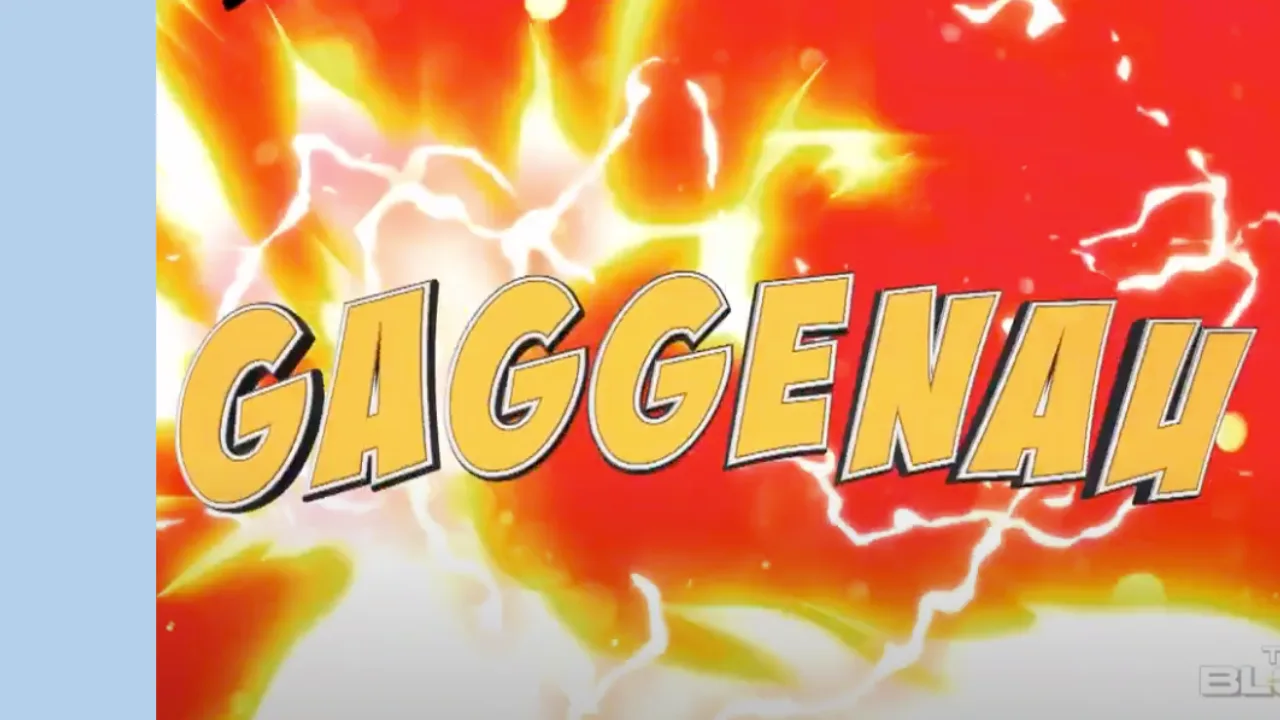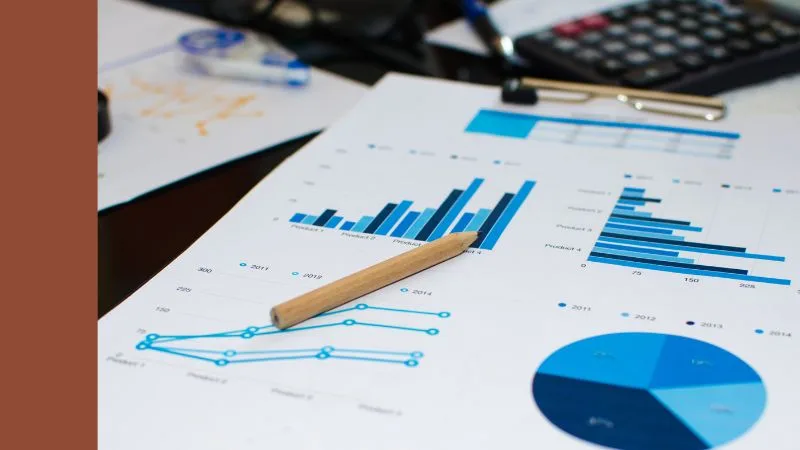Why is Vanguard Australian Shares Index ETF (ASX: VAS) performing so poorly?
This wonderful question about the Vanguard VAS ETF was received – over in the free Rask Community – earlier this week. While plenty of other investors – and some fellow analysts – have had their say, I thought I’d share my response and thoughts about VAS here.
First up, a disclosure: we own the VAS ETF inside Rask Invest.
In all three of the portfolios (Terra/Retirement, Martian/Growth, Jupiter/High Growth) we manage on behalf of our community.
(Side note: remember, you will always find our disclosures at the bottom of Rask articles and read out in all Rask podcasts or YouTube LIVE videos).
Vanguard Australian Shares Index Fund ETF (ASX: VAS) share price
Psst. remember that an ETF’s share price only shows you the price – no dividend – return. Over the 5 years to 31 May 2024, VAS has returned 7.81% per year in total returns.
My response on VAS below
For my two cents (it’s more of a rant for anyone who reads the comments)…
I reckon VAS has done very well over 3, 5 and 10 years – especially considering all of the doom and gloom we’ve heard preached from “professionals” calling for a “property collapse” in the AFR, rising interest rates, the pandemic, etc., etc.
In my opinion, it’s hard to draw any conclusions about the progress of an index ETF like VAS or IVV (and definitely things like VGS) over less than 5 years.
And when most investors look at their performance they can only measure ‘price return’.
That is, they are looking at CURRENT ETF PRICE – PURCHASE PRICE = PRICE RETURN. The problem is, they miss the distributions/dividends (which can be as much as half of the overall return) and franking credits (no-one really thinks about this until much later on – VAS distributions can be around 75% franked!).
Australia / ASX 200 or 300 / index ETFs always punch way above their weight, especially considering we’re heavy on banks and resources.
Going forward, exploiting resources won’t last forever as many of our mine sites probably have 10-20 years left. Before that, we’ll need entrepreneurs and government to focus significant attention, brain power, culture and financial resources on growing Australian brands and technology businesses – and make sure they come and stay listed on the Australian stock exchange without getting taken over by a bizarrely subsidised Chinese “company” or a big US blue chip (at least we can safely invest in US companies).
So long as Australia remains a stable democracy, can resist outside influence, and we provide a cultural environment for our banks, miners and entrepreneurs to be rewarded, our country will continue to prosper. In turn, I strongly believe over the next 10-30 years our investments in things like VAS will prosper as broad index fund investors essentially capture the long term economic spoils of other people’s innovation.
That’s not a guarantee (there are none). Nor do I know exactly what will happen to VAS or any other investment held by Rask Invest.
But I also believe that 1-2 years of weaker performance is the “price of admission”. It’s Willy Wonka’s golden ticket.
What I find many investors miss is that 9-11% per year in performance – over 10-30 years – is ALMOST UNBELIEVABLE in what it can do for our wealth. We can all use a simple calculator, like the one from MoneySmart.gov.au. Plug in 3.5% annualised returns versus 9.5% to see the difference over 20 years.
Most people never experience that type of compounding because they get scared off by a few convincing ‘experts’ in the news (in combination with their portfolio performance going down – those two together are often too powerful to resist) or because they don’t fully understand the difference 2% or 4% per year in long term performance can make.
Anyway I’ve ranted long enough. I love answering these types of questions and going into detail on these topics during live shows. Perhaps something for the new Rask Invest LIVE series coming out in July.
Cheers!
Owen Rask










